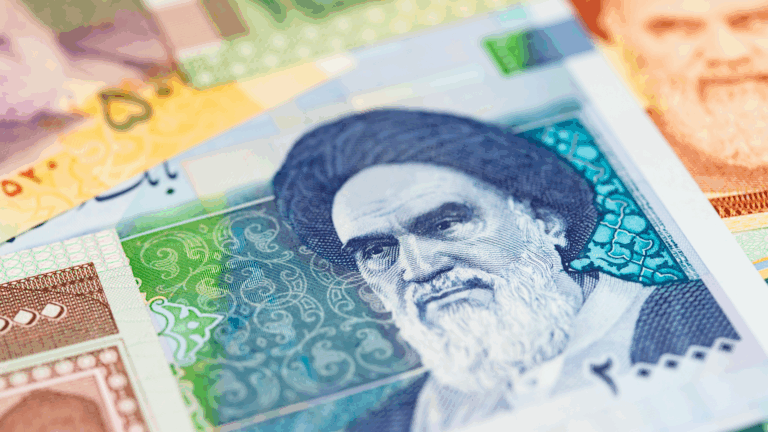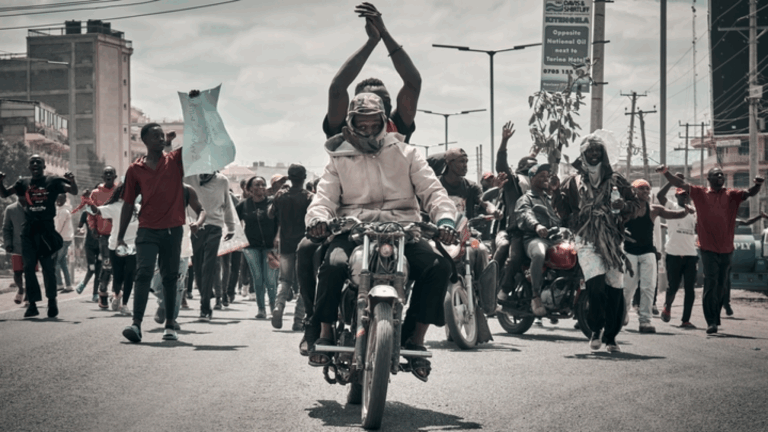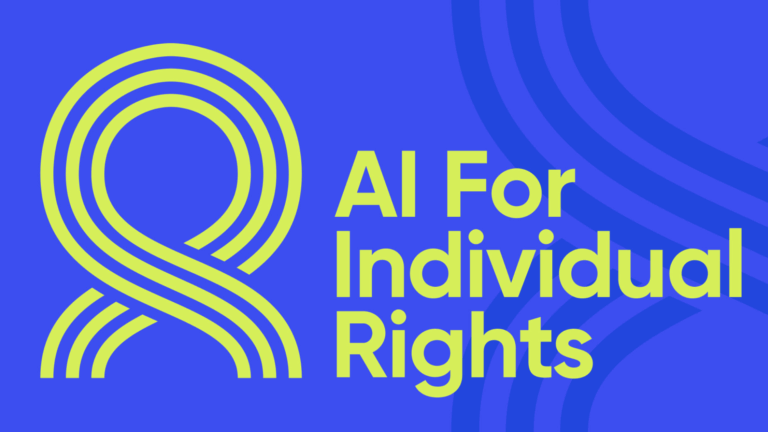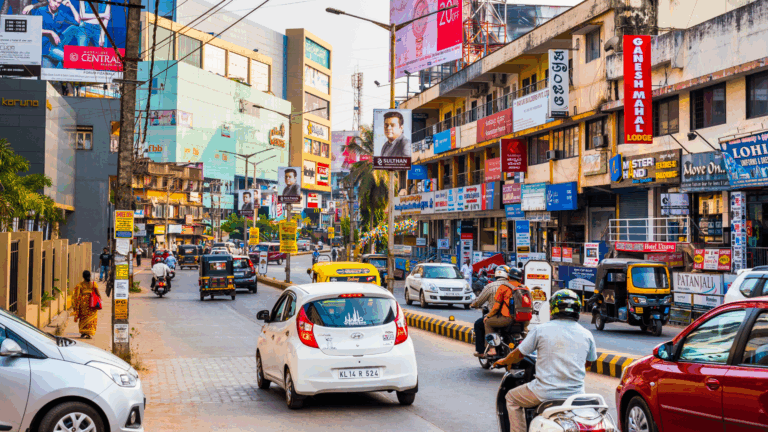By Hannah Van Dijcke
“They were attacking him basically every single day, threatening him, trying to silence him. So Jamal felt the whole country was against him – and that was hurting. He said sometimes ‘I feel like I don’t want to talk about anything, I don’t want to expose my opinion.’ “
These are the words of Saudi activist and video blogger, Omar Abdulaziz, in the award-winning HRF-produced documentary, “The Dissident.” Omar was talking about the Twitter army hired and directed by the Saudi regime and how it tormented Jamal Khashoggi, the journalist and Washington Post columnist who the regime gruesomely murdered.
The Saudi Twitter army is no exception. Authoritarian regimes globally use so-called “troll farms” — organized groups of Internet trolls — to torment dissidents and disseminate regime propaganda, perpetuating their repressive rule. Given how widespread and destructive authoritarian troll farms are, social media platforms must once and for all seriously invest in tackling them.
Authoritarian troll farms: a destructive force
Authoritarian regimes across the world — from Russia or China to Burma, Guinea, or Nicaragua — operate troll farms with devastating consequences.
The Burmese military has run one of the most heinous cases in recent memory. According to the UN’s Independent Fact-Finding Mission on Myanmar, social media played a “significant” role in the Rohingya genocide that killed an estimated 10,000 Rohingya and, in the immediate aftermath, caused nearly 725,000 Rohingya to flee.
The Burmese troll farm exploited existing ethnic tensions and the dominance of Facebook in Burma, where Facebook is the Internet.
Chinese and Russian troll farms have also been pivotal in the extensive propaganda machines of these regimes. The Russian troll farm that Meta disrupted in August 2022, simultaneously flooded platforms like Instagram, Facebook, TikTok, Twitter, YouTube, and LinkedIn with posts expressing support for Russia’s invasion of Ukraine. This helped to create the false impression of public online support for the Kremlin.
The millions of Internet trolls recruited by the Chinese Communist Party operate similarly. On platforms like Weibo, Chinese trolls flood anyone critical of the Chinese regime — or is perceived to be — with hateful or demeaning comments. In February 2019, a photo that former OFF speaker Chemi Lhamo posted on Instagram attracted thousands of hateful comments, some expressing anti-Tibet sentiment, suspected to be coordinated by the Chinese government.
Aside from authoritarian regimes, some democracies, like Brazil or Poland, have also allegedly used troll farms to attack opponents on social media. But these haven’t been nearly as destructive as those operated by authoritarian regimes. In both countries, democratic institutions responded.
The Brazilian Supreme Court initiated investigations into the activities of the troll farm run from within Jair Bolsonaro’s presidential office, which might lead to his arrest or conviction in light of his recent electoral loss. Similarly, the activities of the Polish troll farm were exposed by an independent Polish news website, leading to a public outcry in the country and the resignation of the deputy justice minister over his involvement.
Social media platforms must do more
Given how destructive and widespread authoritarian troll farms are across the world, social media platforms must seriously invest in shutting them down. Right now, however, platforms are barely doing that, effectively giving trolls free rein.
In a rare leak of an otherwise meticulously managed public image, whistleblower Frances Haugen, a former Meta employee, revealed in October 2021 that 87% of Meta’s spending on combating misinformation goes to English-language content. A lawsuit introduced in December by Kenyan and Ethiopian activists makes a similar allegation: It claims that Meta underinvests in content moderation in Africa, Latin America, and the Middle East. In countries like Azerbaijan and Honduras, Meta has failed to disrupt troll farms it knew about for a year and has done little to address the continuous return of the troll farms to the platform.
Platforms like Twitter or TikTok aren’t doing much better. A Chinese company owns TikTok, and after Elon Musk’s takeover, Twitter’s entire human rights team has been laid off. It doesn’t inspire much confidence in these platforms’ willingness to address authoritarian troll farms.
HRF calls on social media platforms to invest more in identifying and shutting down authoritarian troll farms globally. A good place to start is to invest in dedicated teams for each authoritarian regime that operates troll farms, similar to the team Facebook created for Burma. Those teams would know the country’s history, authoritarian context, and language.
HRF also calls on democratic governments to push social media platforms to invest more in tackling authoritarian troll farms.
Countless calls are already being made about what these platforms should or shouldn’t be doing. However, investing in shutting down authoritarian troll farms could prevent tremendous damage and bring social media closer to the collaborative, free-speech environment it was envisioned to be at the start.
In a world without authoritarian troll farms, dissidents could freely take to social media without the constant fear of being harassed, and authoritarian propaganda machines would be denied the opportunity to easily disseminate regime propaganda to billions of people across the world.










